Text
ENOUGH - Stop Rape
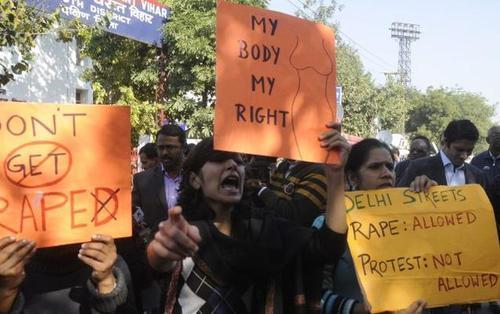
Image from The Hindu
A 23-year old medical student in Delhi was recently raped repeatedly and beaten within an inch of her life on a moving bus. Crimes like these are terrifyingly common in India's capital, and if I start posting here about every rape in Delhi (not even in India), I'd be posting several times every day.
It's terrifying when something horrible happens repeatedly in your society, and you don't know how to fix it. I'm not sure if capital punishment will stop future crimes. It will feel right, definitely, but I don't know if its the immediate solution which we need.
Women hiding away is definitely not the answer. Guns are not the solution, god knows we've seen that. Surrounding women with guards or pepper spray isn't it either. It's exasperating that teaching respect to one half of the world for the other should be so difficult.
The good news is, Delhi seems to have woken up. The bad news is, I'm afraid without coming up with a concrete solution, these will be yet another set of protests which will fizzle out.
My question is, WHAT is the solution we can push? Is there ANY way for the mentality of rape to be corrected? If we're asking for better laws, HOW can the laws be made better?
I know the biggest problem is the extent to which women are seen as property and objects of sexual gratification in India. I'm even up for stopping to talk to every eve teaser in town and explaining to him why he is being a horrible human being, asking him to attend sessions on the subject, anything, really.
India needs your inputs towards providing a concrete solution or suggestion to the Indian government as well as the populance towards stopping rape. I want to take this through, we as Indians need to take this through, and I need your ideas to formulate something.
We have the momentum to mobilise the masses and make something happen, and we CANNOT AFFORD for these to be yet another set of protests which eventually fade off the streets.
Not again, not this time.
Put in your suggestions here.
2 notes
·
View notes
Photo
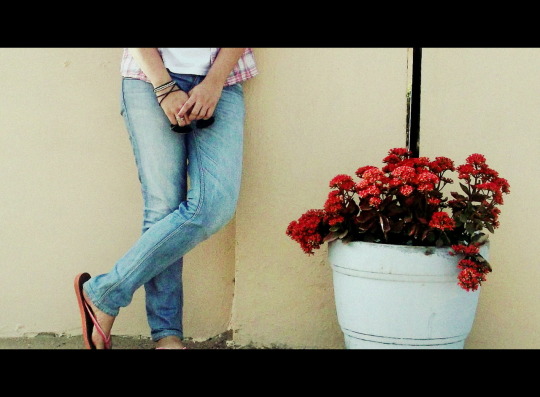
Photography by Swesha Sangwan
0 notes
Photo


At Meena Bazar, old Delhi - where you get biryani by the kilo.
Photography by Anuj Vijay Gadre
7 notes
·
View notes
Photo
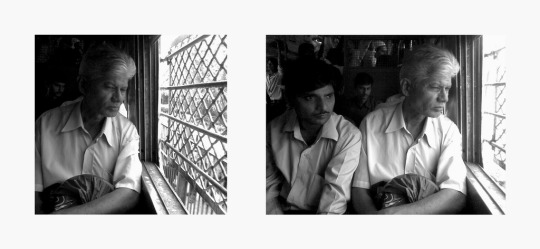
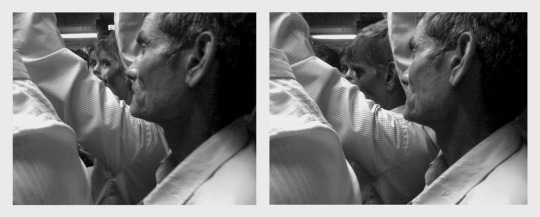
THE COMMUTE I Part II of the photoseries on the Mumbai local.
Photography by Sagar Shiriskar
4 notes
·
View notes
Photo
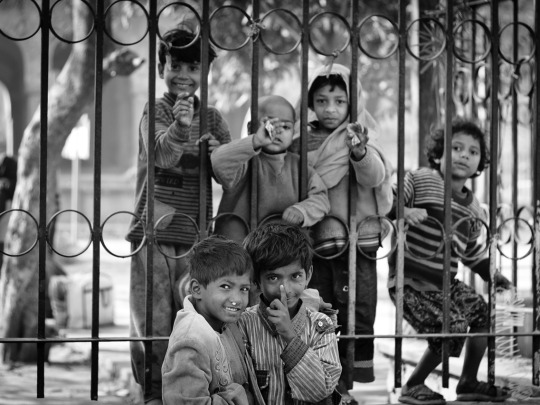
Photography by Mansa Srivastav
1 note
·
View note
Text
An eye for an eye
NIMISHA JAISWAL
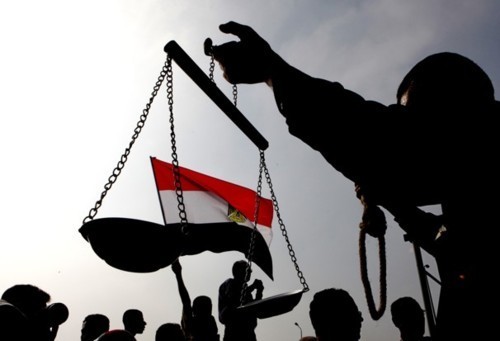
Image from washingtonpost.com
The verdict is out - Hosni Mubarak is to serve a life sentence behind bars. While this, on the heels of 'blood diamond' Taylor's 50-year sentence, is seen as proof that no one is above human rights and the law, the people of Egypt are not happy.
And why would they be? The run up to the verdict has ranged from mock gallows on the public squares to protesters holding nooses outside the court. Mobilisation for an appeal of the sentence has already begun, and from what I gather from an NYT article on the subject, the Egyptians are expecting this to be a long drawn fight - they wish to draw blood.
However, I wouldn't be going into the details of this particular verdict. What I think of is a class discussion of Simon Wiesenthal's The Sunflower, a book about perceptions on forgiveness. Several peace-building perspectives, like that of Desmond Tutu, focus on the power, and necessity, and need for forgiveness. They state that to forgive is not simply to forget, but to come to terms with loss, and to initiate the healing process.
What, then, of the protester in Egypt whose 15-year-old brother was shot in the heart by the police? What of the people of Sierra Leone, babies with stumps for hands, or little children with their severed and useless hands sewn on simply for cosmetic purposes? What of the thousands who have died across Syria over the last year, and what of every other tyrant or dictator who, with an amused order, cost the lives of populations?
However, I find it difficult to believe that it is possible to simply walk away, without a flinch. Maybe I lack the courage to imagine such a situation, but as far as I see, justice includes punishing a wrong-doer for her/his crimes. While turning against a whole religion, race or ethnicity can only aggravate the situation, every crime should be met with adequate punishment to the offender, even if the punishment is death. While it may be too much to assume the power to make decisions on another individual, another human's life, there are people who may not deserve the privilege to be treated with that respect.
Sometimes, gory as it may be, drawing blood can be an essential part of justice, an essential beginning to the healing process.
#Nimisha Jaiswal#articles#Egypt#Hosni Mubarak#verdict#peace#justice#crime#genocide#death penalty#forgiveness#xs
5 notes
·
View notes
Photo
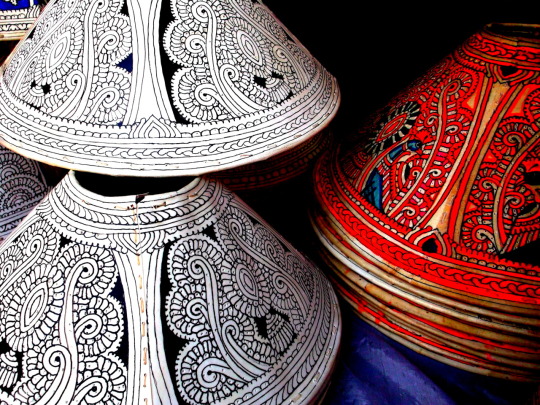
Photography by Swesha Sangwan
1 note
·
View note
Photo
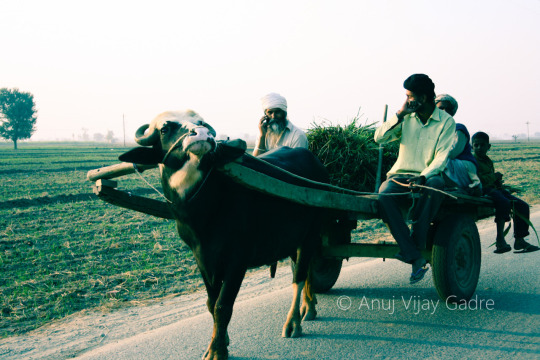
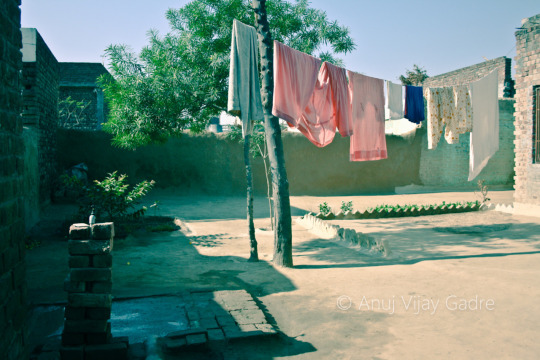

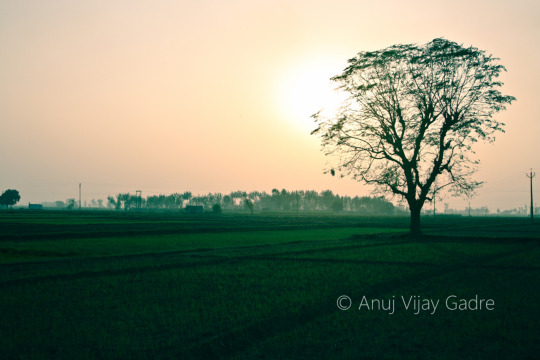
In Punjab.
Photography by Anuj Vijay Gadre
7 notes
·
View notes
Photo
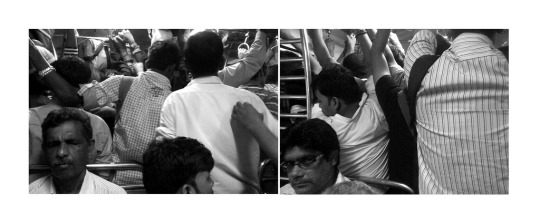
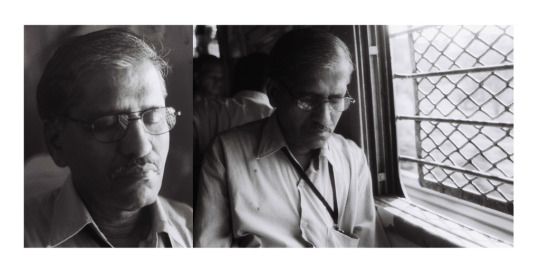
THE COMMUTE I A photoseries on the Mumbai local.
Photography by Sagar Shiriskar
3 notes
·
View notes
Photo
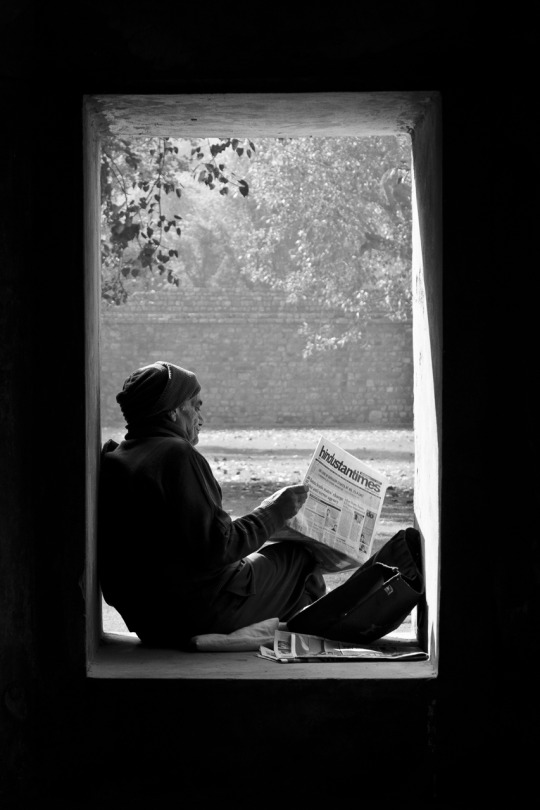
At Humayun's Tomb, Delhi.
Photography by Mansa Srivastav
4 notes
·
View notes
Photo
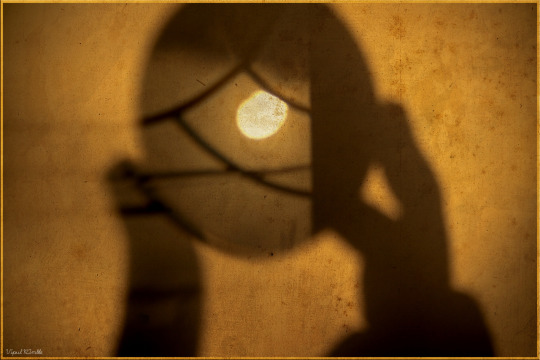
A reflection of the sun through a convex lens.
Photography by Vipul Kamble
1 note
·
View note
Photo

Photography by Swesha Sangwan
12 notes
·
View notes
Text
Not just gas
AKANKSHA KAPOOR
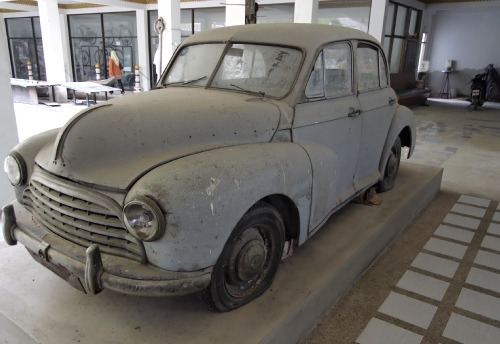
Image from mutantfrog.com
Everytime I step out of the house to go somewhere, I think twice before I step into my car. I have lost count of the number of times I have walked out with the car keys and instead walked to the Metro station. For this, I have been accused of being lazy and miserly, among other things.
At the outset I must clarify that I am by no means an environment-conscious person. That is not to say that I don’t care, but it wouldn’t be flawed to say I am a pseudo-activist if I told you I did something to save the world and alleviate climate change.
Don’t get me wrong. I am not all bad. I do not litter, I do not smoke. But I use the air conditioner more often than I need to. I do not feel guilty when I drive from place A to place B alone in my car without offering a ride to anyone who might be meeting me at place B and happens to be on my way there.
So then why do I choose to take public transport when I have a car at my disposal? No, it is not that petrol is too expensive, though I wouldn’t blame you for thinking it after Wednesday’s hike of Rs 7.5 per litre, reportedly India’s steepest fuel price hike yet.
I don’t question the fuel price hike. To be honest, while I don’t entirely understand these concepts, I realise that upwards is the only way it’s all going to go. Money will keep losing its value. What Rs 100 could buy twenty years ago, your parents must have told you, so I don’t have to.
What I do believe, and this with a conviction, is that the hike is not the answer. Who do these schemes target, anyway? My car’s tank capacity is about 30 litres. In view of the hike, I now pay Rs 225 more for a full tank. Let’s be honest here. How many people is that going to stop? Is it going to affect anyone who spends even Rs 1,000 on an average meal?
I am not nearly experienced, educated or enlightened enough to come up with a fool-proof solution. But as I said already, a fuel price-hike is not it.
Someone suggested that MPs should start paying their fuel bills. Yes, they certainly should. But the truth is, that is not going to stop fuel prices from going up.
Isn’t it time we accepted that fuel will, like everything else, continue to keep costing more as the years go?
Well then WHY are cars becoming cheaper? Why are there more and more vehicles, and more and more luxury cars (Audis, BMWs and the like) on the roads every single year? Why does no one regulate this?
For one, cars and bikes need to be made more expensive. They also need to be taxed more heavily. I realise that I stand at risk of being chided for suggesting a way to increase corruption. To give the government more revenue sources is to punch a hole through your own eyes, but maybe this will be a means that will be justified by the end.
As of now, there is a one-time tax levied on all vehicles. The result. Very few people sell old cars. There is precious little incentive or tax rebate to dispose of your car (even if it is ALL scrap) in an environmentally friendly way. It will be not-so-neatly parked in a garage or a parking lot in a residential area. Many such cars were treated as “forts” by my friends and I when we were younger. Their windows didn’t exist, so in we hopped, and we held picnics inside. We’d leave food in, and following us, other pests (of the rodent variety) would enter, and you can well imagine the rest.
Thanks to this one-time tax, the result is disastrous. The ancient cars are not just parked, they are also being driven all around you, in all their fuel-inefficient glory. I am currently in Bombay, and I don’t need to tell anyone how many Premier Padminis ply as taxis here. These, along with the Ambassador taxis of Kolkata, were manufactured in the last century.
According to statistics, over 1.1 per cent of India’s population is buying a vehicle every year. But clearly, the old vehicles are going nowhere.
If private transport was to become more expensive to acquire in the first place, the government could make the improvement of viable public transport solutions more cost-effective.
In spite of all its environmental benefits, you cannot convince someone to kick their private vehicle and step into a rickety, old and HOT bus. It is just not a bargain that will work with most. The Delhi Metro -- which is comfortable and with its swanky, new trains does address this problem -- was a nightmare to construct because there is no road space for the digging. So everyone cribs about traffic diversions. The cost for building a system like the Metro, in effect, is going through the roof. To borrow from R Jagannathan, private transport is thus making public transport unviable. Just like Gresham’s law, which says bad money drives good money out of circulation, bad vehicles are cutting good vehicles off the road.
Nobody has thus far spoken against a bigger investment in public transport. But nobody has implemented a policy in this direction, either. All systems, including the taxation policy, are pro-rich, and nobody seems to be doing anything about this.
Yes, I just added some fuel to this price-hike fire. Might as well do it while I can still afford to.
1 note
·
View note
Photo
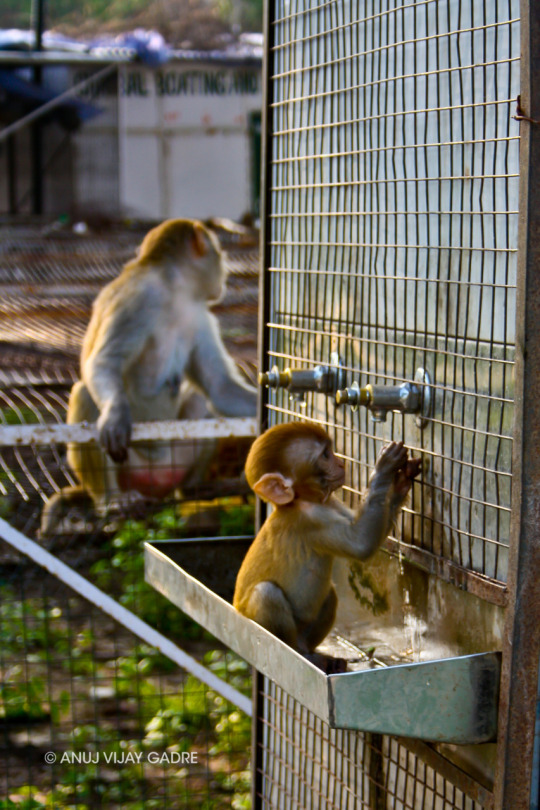
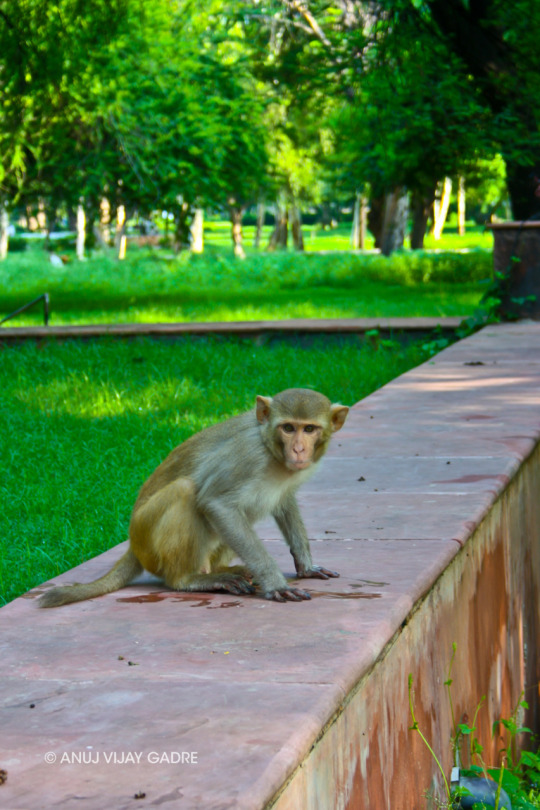
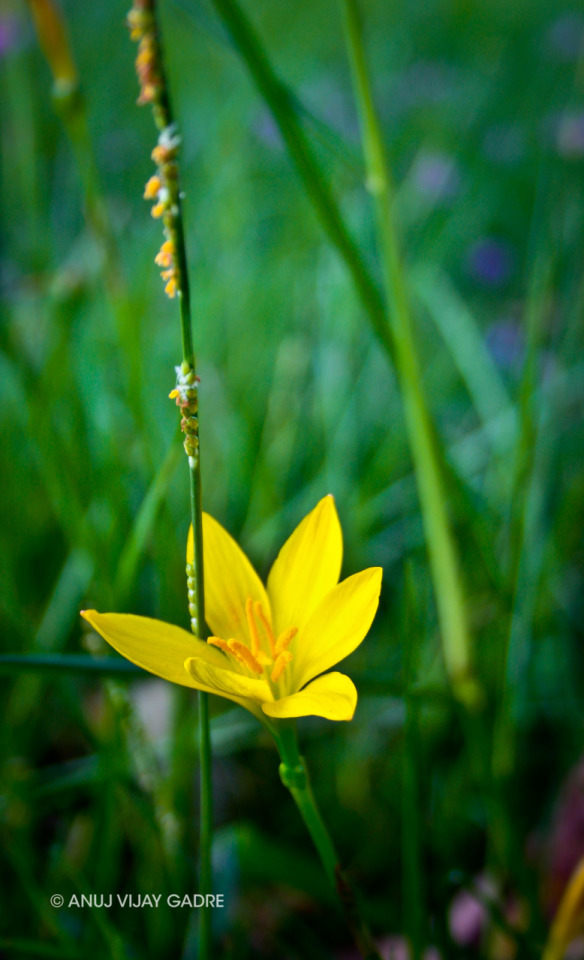

At Chhatr Vilas Garden, Kota.
Photography by Anuj Vijay Gadre
1 note
·
View note
Photo
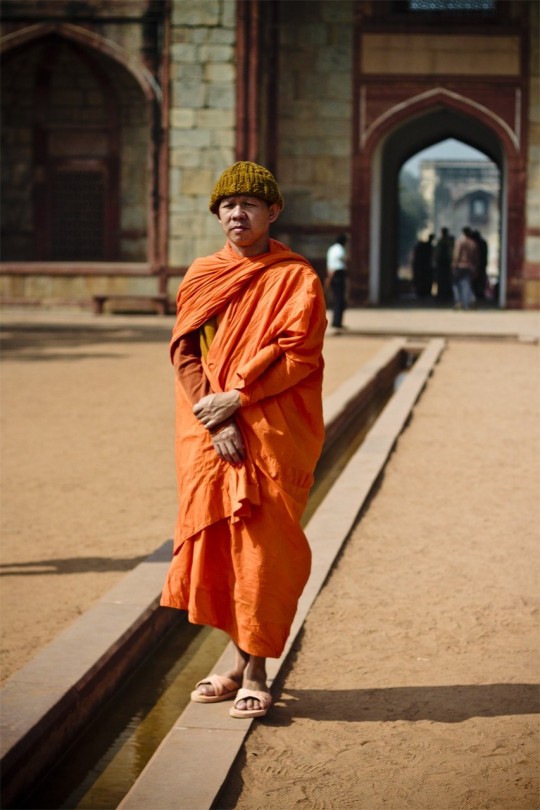

At Humayun's Tomb, Delhi.
Photography by Mansa Srivastav
3 notes
·
View notes
Photo

At Kotla Mubarakpur Market,New Delhi-3.
Photography by Sagar Shiriskar
1 note
·
View note
Photo

Photography by Vipul Kamble
0 notes